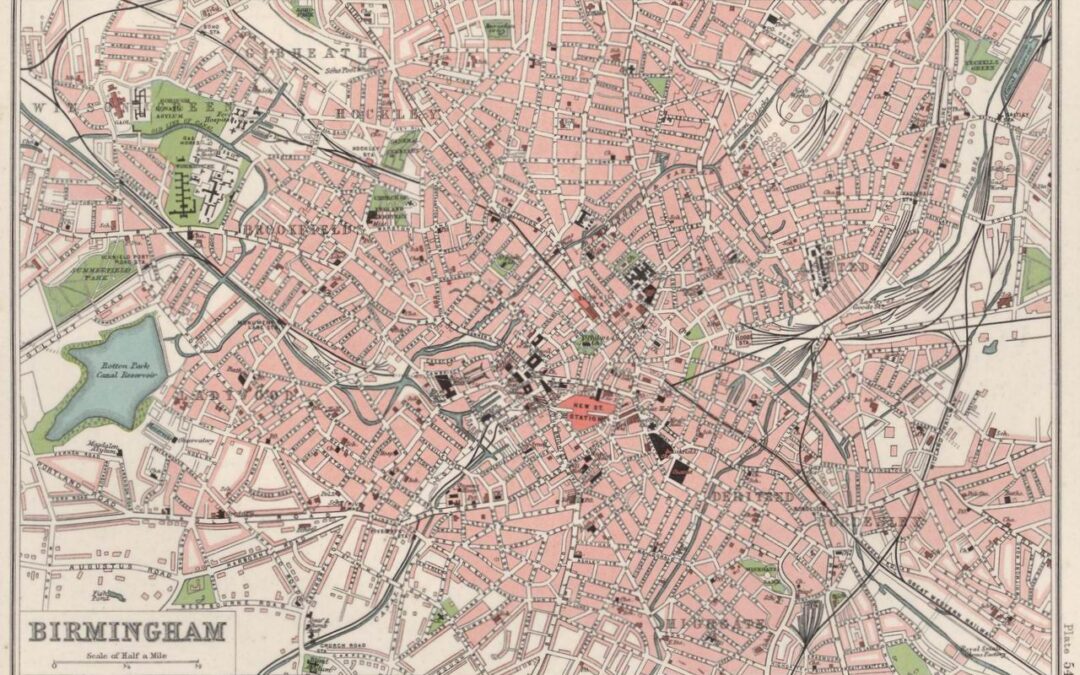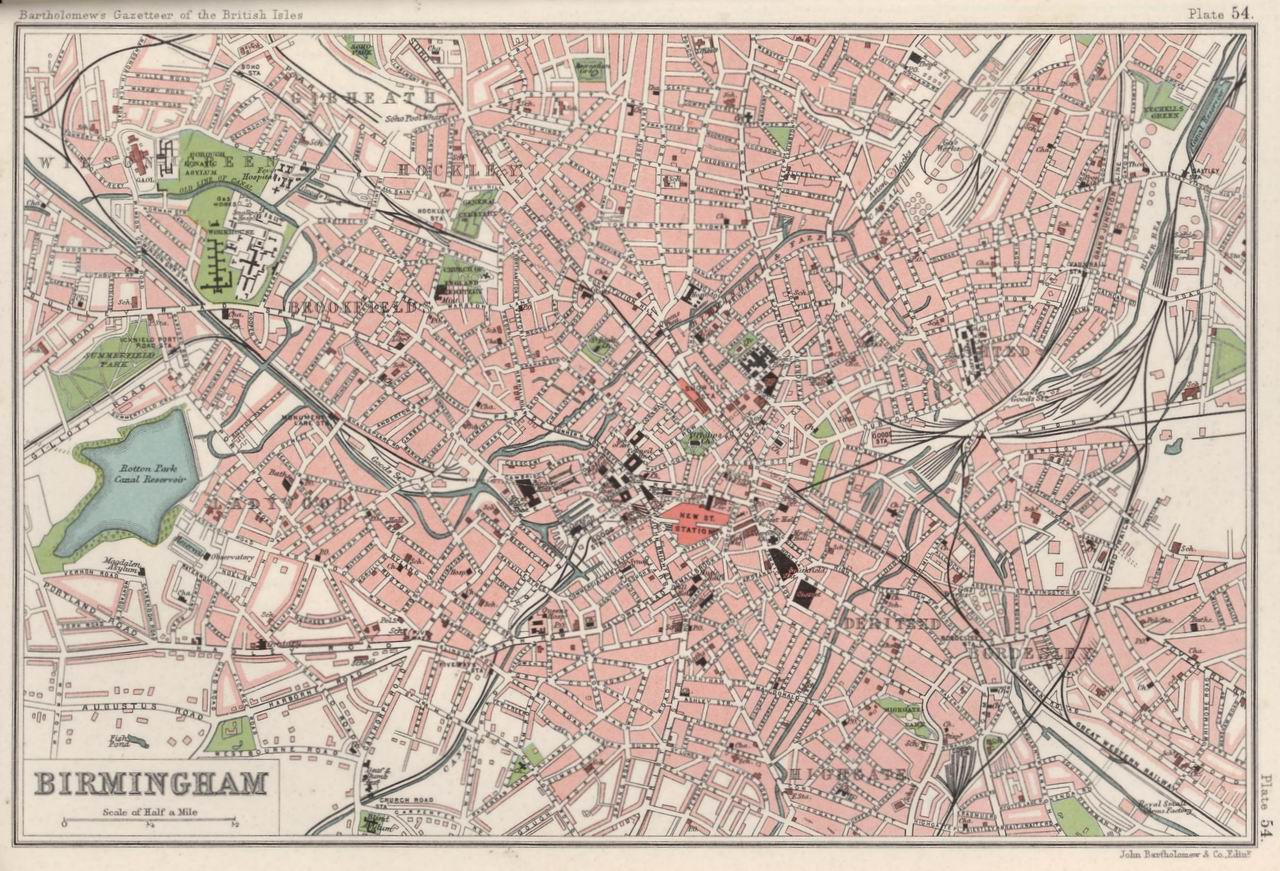Transitions: Bridging the Victorian-Modernist Divide
The Midlands Modernist Network
CALL FOR PAPERS
‘On the tomb of the dead thing he had most loved had he set this image of his own fashioning’
– Wilde
We are excited to announce the Call for Papers for Transitions: Bridging the Victorian-Modernist Divide. The conference is set to be held on 9th and 10th of April 2018 at the University of Birmingham. Transitions is an international, interdisciplinary conference seeking to open a dialogue between Victorianist and Modernist scholars. The conference will interrogate the historical, theoretical and thematic divides that have evolved from the artificial critical boundary set at the turn of the century. Panellists are invited to reconsider and discuss the aesthetic, social, political, technological, artistic, scientific, cultural and textual relationship between the Victorian and Modernist periods, in a global context.
We are delighted to announce that our Keynotes will be Professor John Holmes (University of Birmingham) and Dr Sarah Parker (University of Loughborough). Professor Holmes’ work focuses on the relationship between scientific ideas and cultural forms in the nineteenth and twentieth centuries, including poetry, architecture and the visual arts. Doctor Parker’s work focuses on nineteenth and twentieth-century literature, with an emphasis on women’s poetry, decadence and aestheticism, gender and sexualities, and visual cultures.
We are further thrilled to announce that Transitions will include a performance by Becky Cullen, who recently succeeded Lord Byron as the poet in residence at Newstead Abbey.
In popular culture the Victorians are served to us as the haughty, strict, moralistic older siblings of the rambunctious, avant-garde, oversexed Modernists. The widespread conception of Dickens as a social critic, diagnosing the ills of workhouses and child labour, sits as odds with the presentation of an aesthetic Bloomsbury group, wrapped in their ivory towers and playing at hijinks. This distinction is, of course, an artificial one. To try and neatly separate the Victorian and the Modernist is to keep one eye closed, ignoring the sexual curiosity, artistic flair and formal experimentation of the former, while evading the political leanings, occult fascinations and often conservative behaviour of the latter.
Yet, even in its attempt to undo some of these popular misconceptions, scholarly discourse often redraws battle lines between these periods, rather than queries the ebb and flow between the two. Slippery figures such as Yeats and Wilde are conscripted to both camps, used to shore up each side of the debate. Transitions invites discussion that critiques, questions and does away with this binary through: providing transhistorical readings of the late nineteenth and early twentieth centuries; engaging with artists as neither strictly ‘Victorian’ or wholly ‘Modernist’; interrogating difficult or forgotten texts; examining flux, development, transformation, rupture, breakdown or change at the turn of the century.
The conference invites discussion of the relationship between the Victorian and Modernist periods (loosely bracketed as 1840 – 1945). Topics may include, but are not limited to:
- Transhistorical Readings
- Little Magazines
- The Fin de Siecle
- Religions and Spirituality
- Visual Arts: Dance, Cinema, Photography
- Symbolism
- Scientific Developments
- The Avant-Garde
- Travel Narratives
- Pre-Raphaelitism
- Urbanisation and the Metropolis
- Feminities / Masculinities
- Technological Innovation
- The Arts and Craft Movement
- Degeneration
- Psychology and Sexology
- Print Culture
- Mythology and Folklore
- Ecologies
- Crime and Punishment
- Genre
- Narratives of Rupture and Continuation
- The Formation of Identities
- Canonisation
- Colonialism and Empire
- Translation Studies
- Popular Culture and the Middlebrow
The CfP closes December 18th 2017. Decisions will be made in early January.
Papers should be fifteen minutes in length. To apply, please send an abstract of no more than 500 words, as well as a brief biography of no more than 200 words, to midlandsmodernistnetwork@gmail.com


